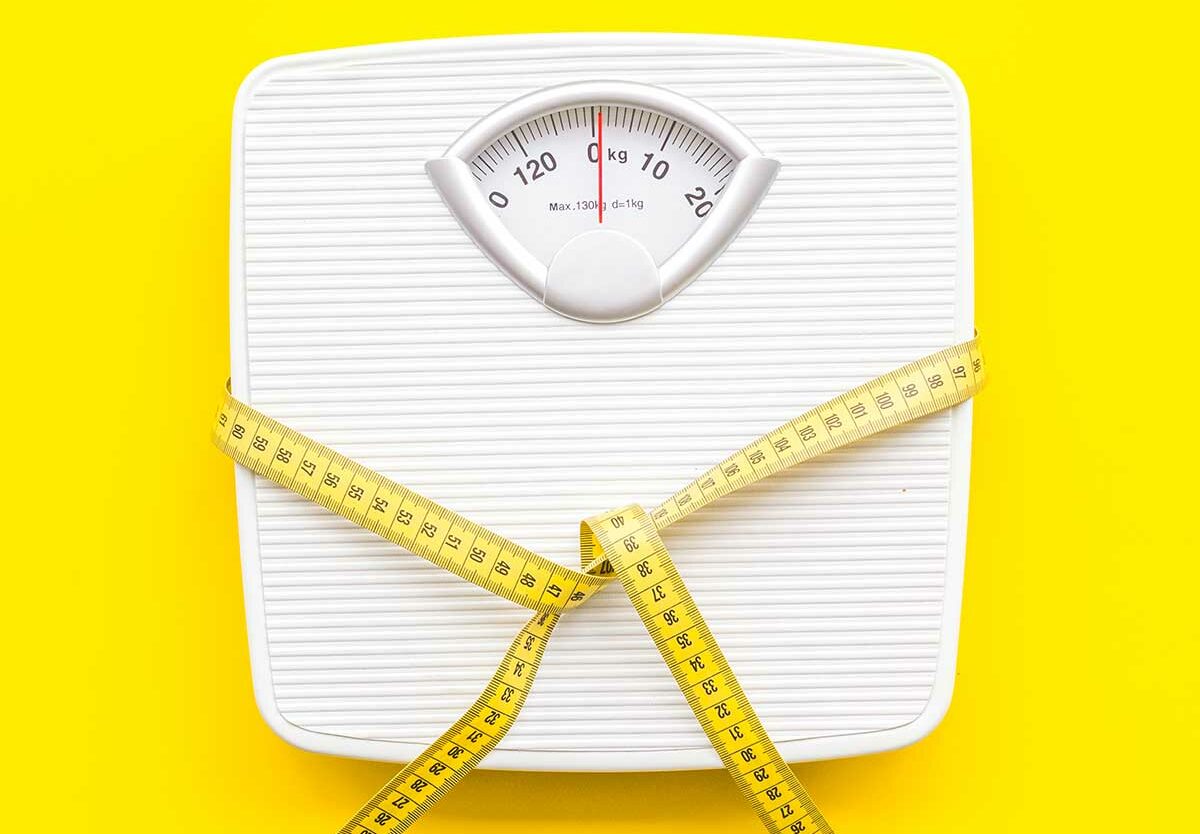
Ever wondered why your kitchen scale in New York and a market scale in Paris show the same weight for a bag of apples? Or how scientists from different corners of the globe can agree on the temperature of a distant star? Well, it all boils down to one special day: Weights & Measures Day on May 20th. This day isn't just another mark on the calendar; it's a celebration of the incredible system that keeps our world in sync. From the depths of science labs to the checkout line at your local grocery store, weights and measures play a pivotal role in our daily lives. So, why is May 20th earmarked for this celebration, and what makes it so crucial for us? Let's dive into the fascinating world of standardization that ensures a kilogram here on Earth is the same as one on Mars!
Key Takeaways:
- Weights & Measures Day celebrates global cooperation in creating consistent measurement standards, protecting consumers and advancing science. It's a reminder of the importance of standardized measurements in our daily lives.
- The Metre Convention, signed in 1875, laid the foundation for the modern metric system and continues to evolve with technological advancements. Weights & Measures Day highlights the ongoing importance of accurate and universally accepted measurement standards.
What is Weights & Measures Day?
Every year on May 20th, people around the globe celebrate Weights & Measures Day. This day commemorates the anniversary of the signing of the Metre Convention in 1875. This treaty established an international framework for all measurement standards, aiming to create consistency across countries and industries.
Why Do We Celebrate Weights & Measures Day?
-
Uniformity in Measurement: Weights & Measures Day highlights the importance of having standardized measurements. Before such standards, trade was complicated due to varying local systems.
-
Global Collaboration: It marks the success of global cooperation in science and technology. Countries work together to ensure that measurement standards are universally accepted and applied.
The Metre Convention: A Closer Look
-
Foundation for Modern Measurement: The Metre Convention laid the groundwork for the International System of Units (SI), which is the modern form of the metric system.
-
Continuous Evolution: Since 1875, the definitions of SI units have been periodically updated to reflect advancements in measurement science, ensuring precision and reliability.
How Weights & Measures Affect Daily Life
-
Consumer Protection: Accurate measurements protect consumers from fraud in the sale of goods by weight or volume. This ensures fairness in the marketplace.
-
Scientific Research: Precise measurements are crucial in scientific research, enabling experiments to be replicated and results to be accurately compared.
-
Healthcare: In healthcare, correct dosages of medication and accurate diagnostic measurements can be life-saving.
Celebrating Weights & Measures Day
-
Educational Events: Schools and educational institutions often host events to teach students about the history and importance of standardized measurements.
-
Industry Conferences: Professionals from various industries may attend conferences focusing on the latest developments in measurement technology and standards.
-
Public Awareness: Governments and organizations use this day to raise public awareness about the role of weights and measures in daily life.
The Future of Measurement Standards
-
Technological Advancements: Ongoing research and technological innovations continue to refine and improve measurement standards, making them more accurate and accessible.
-
International Cooperation: As global trade and cooperation expand, the importance of a universally accepted system of measurement becomes even more critical, ensuring seamless interactions across borders.
Weights & Measures Day serves as a reminder of the invisible yet essential role that standardized measurements play in our world. From facilitating international trade to ensuring the accuracy of scientific research, the benefits of a unified measurement system are vast and varied.
A Final Word on Weights & Measures Day
Weights & Measures Day isn't just another date on the calendar. It's a celebration of precision, consistency, and the unseen backbone of our daily lives. From the coffee we drink in the morning to the medications prescribed for health, accurate measurements play a crucial role. This day reminds us of the journey from ancient systems to today's standardized units, highlighting the importance of accuracy in science, trade, and everyday life. Recognizing the efforts of those who maintain these standards helps us appreciate the reliability we often take for granted. So, next time you pour a cup of coffee or step on a scale, remember the intricate dance of weights and measures that makes it all possible. Let's tip our hats to the unsung heroes who keep our world precisely balanced!
Frequently Asked Questions
Was this page helpful?
Our commitment to delivering trustworthy and engaging content is at the heart of what we do. Each fact on our site is contributed by real users like you, bringing a wealth of diverse insights and information. To ensure the highest standards of accuracy and reliability, our dedicated editors meticulously review each submission. This process guarantees that the facts we share are not only fascinating but also credible. Trust in our commitment to quality and authenticity as you explore and learn with us.


